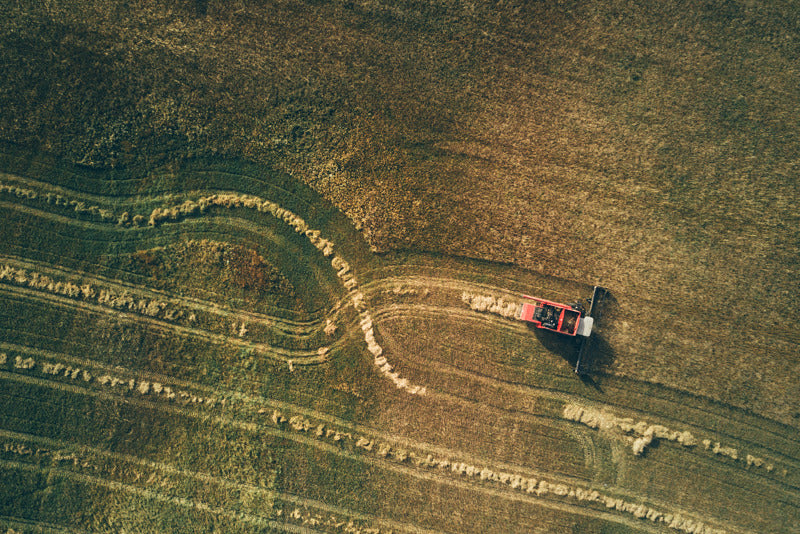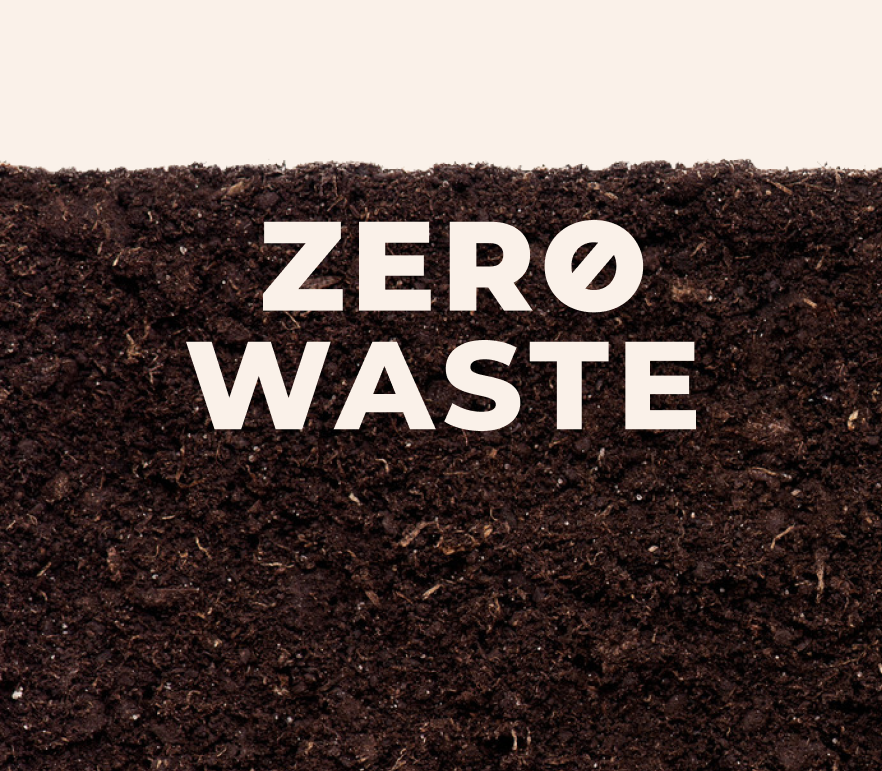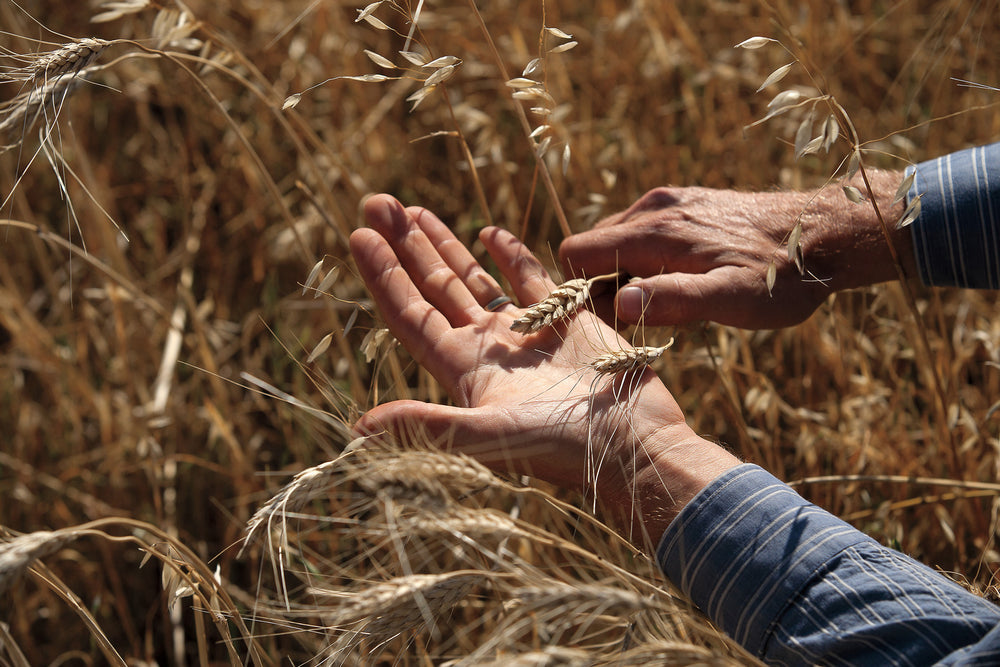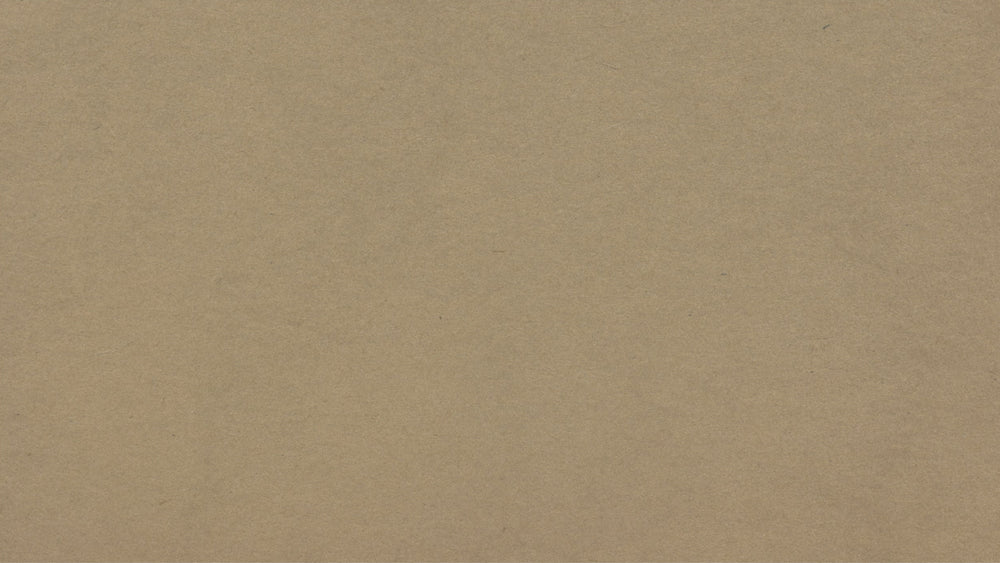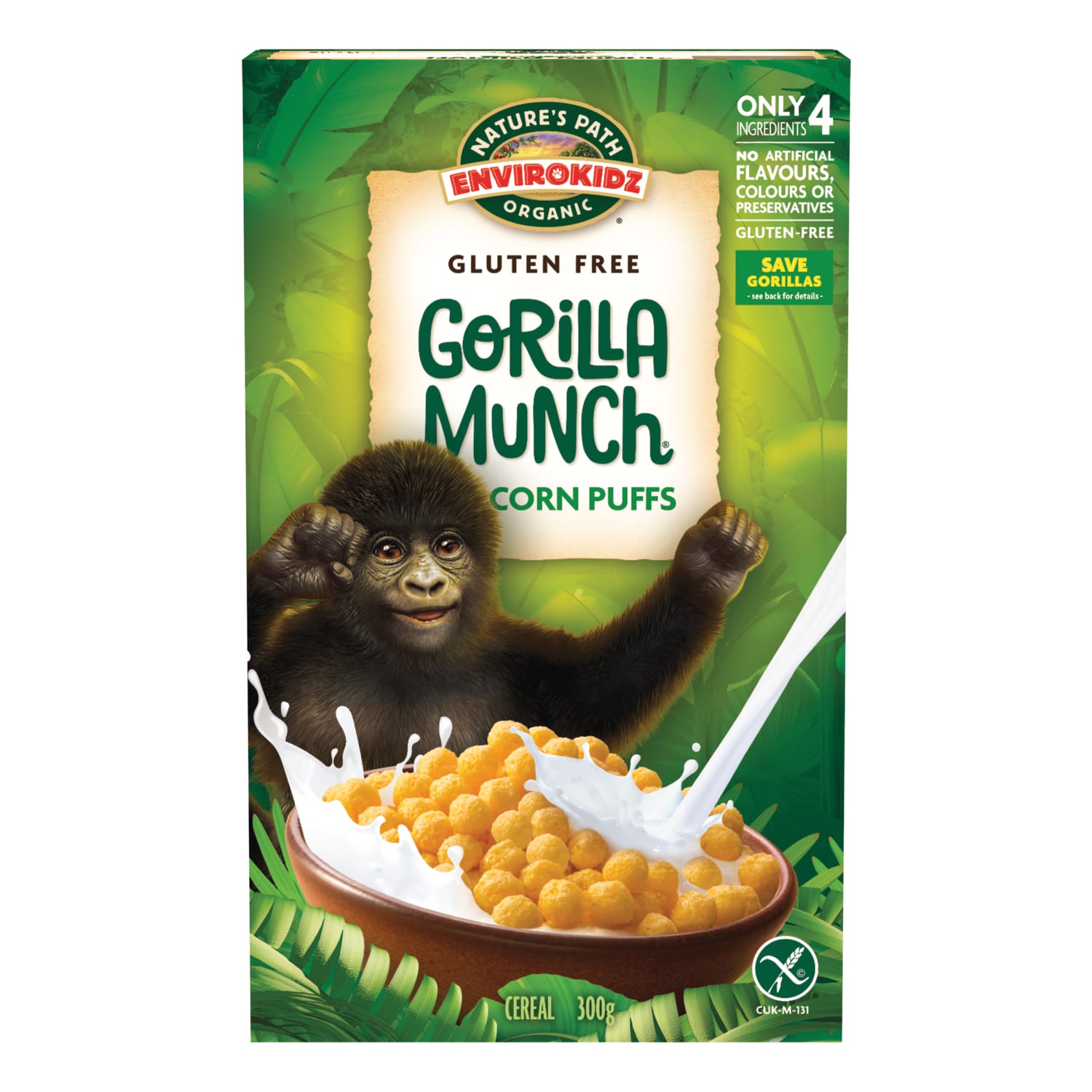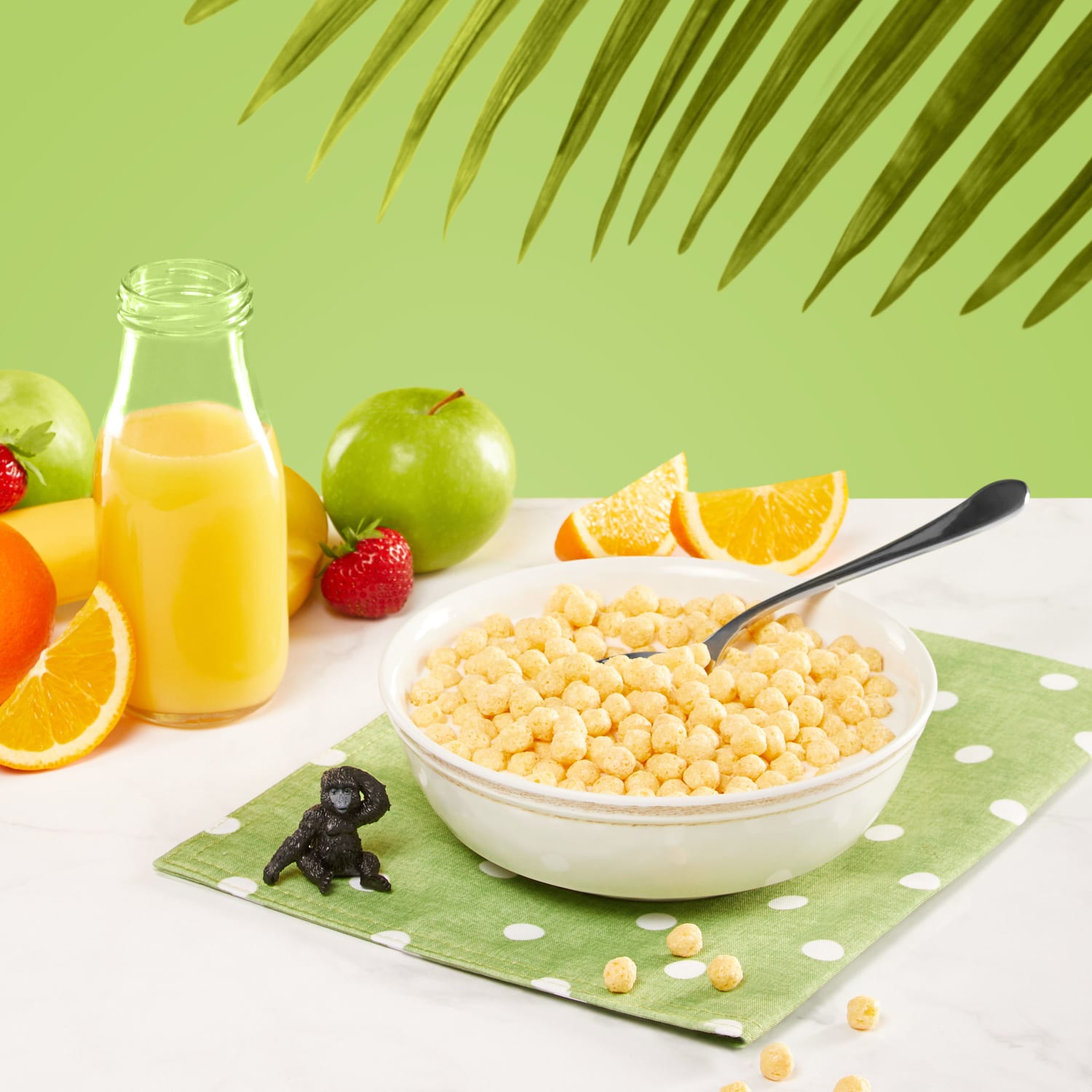Our 6 Sustainability Pillars
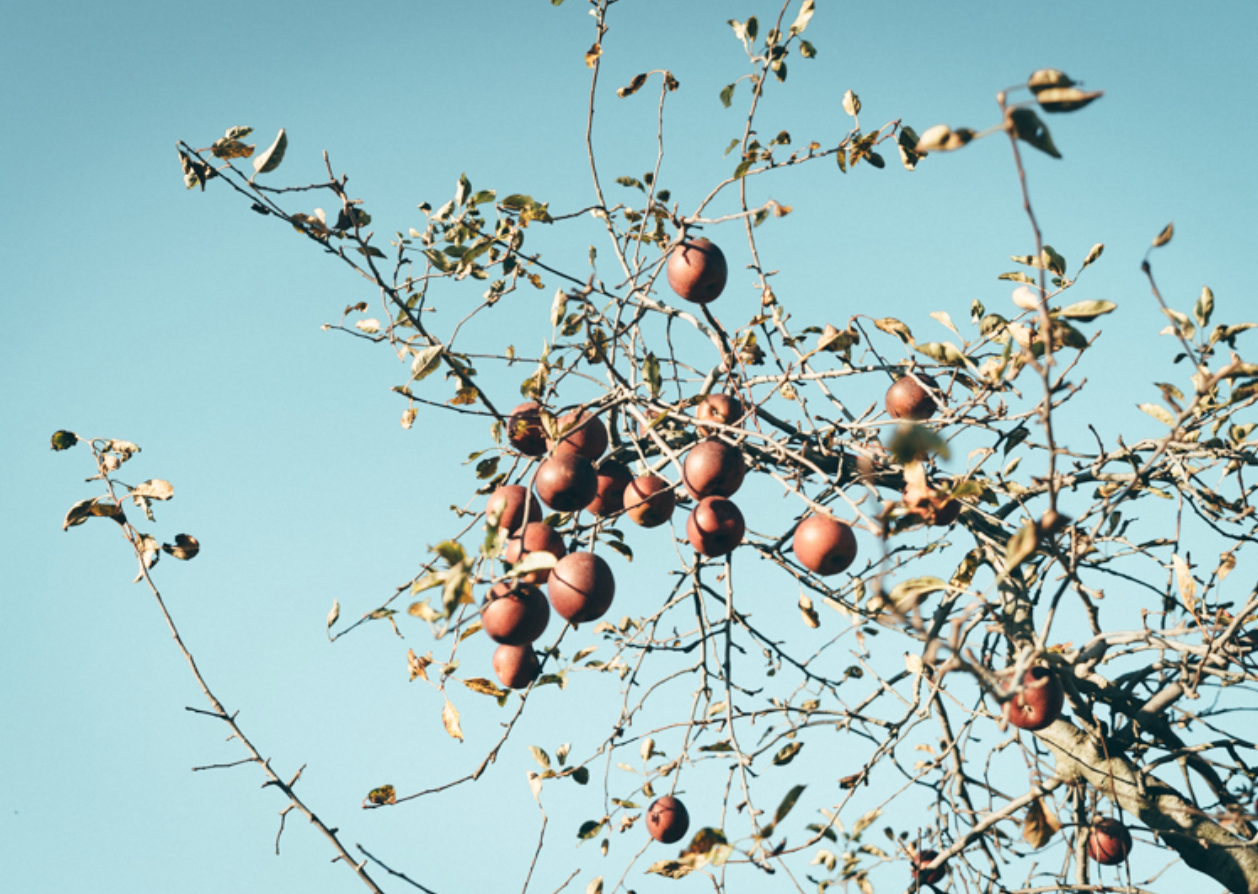
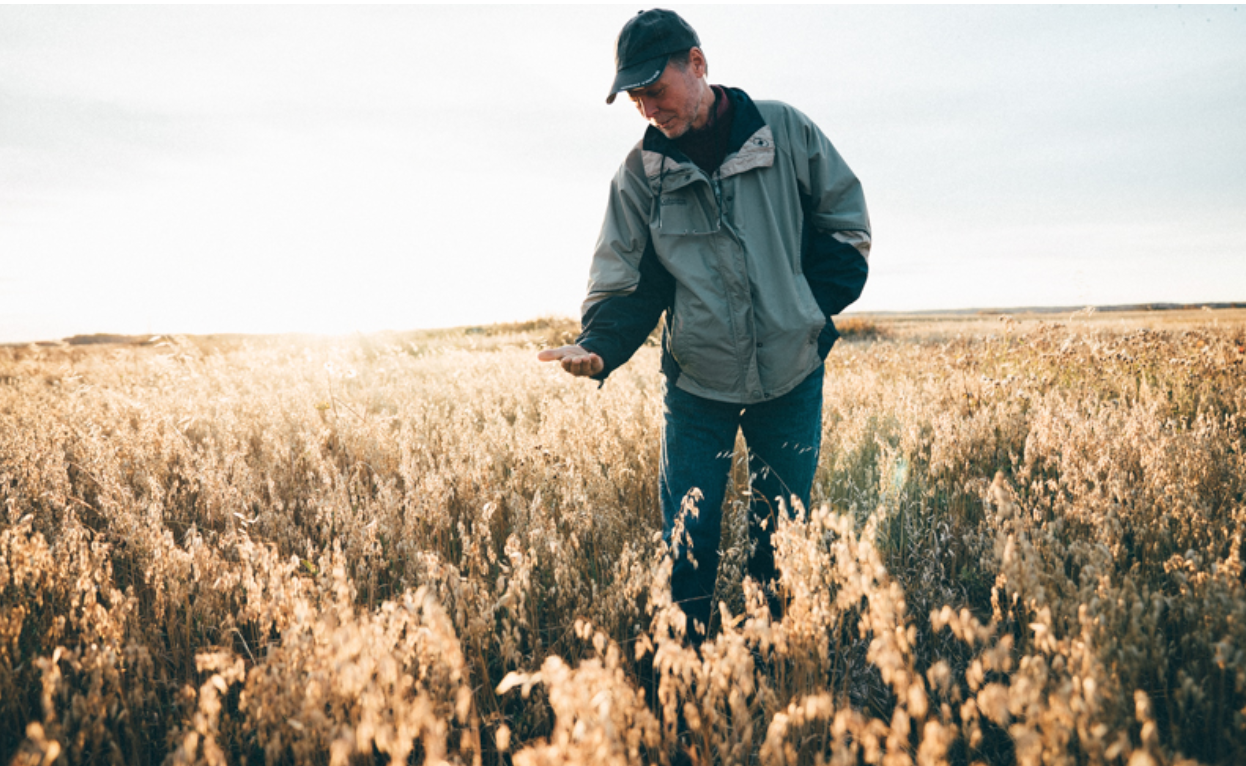
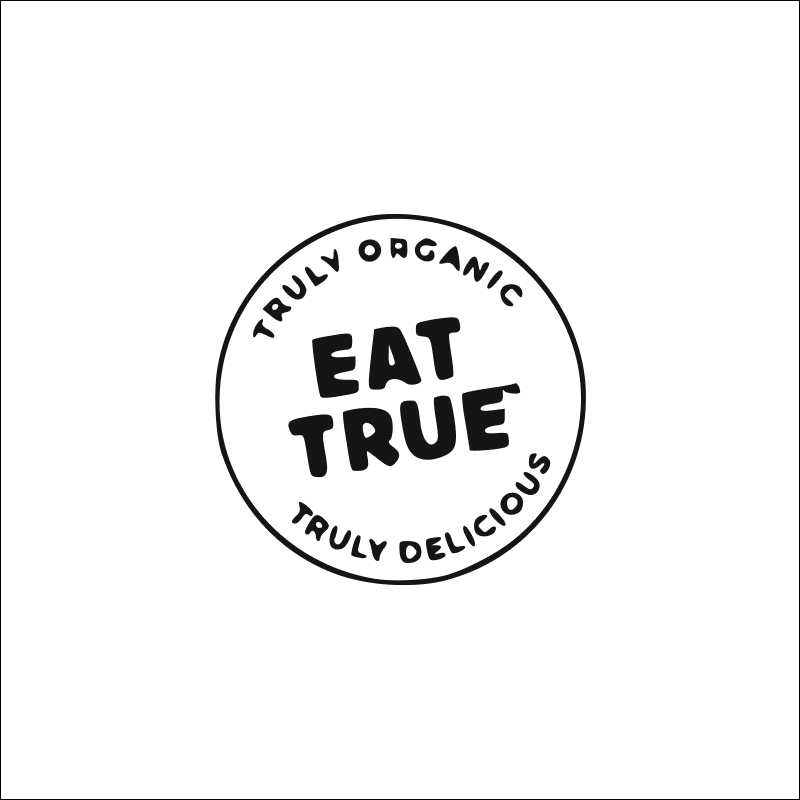
1. Grow Organic
We grow and purchase only certified USDA Organic and Canada Organic ingredients. Our commitment to organic has kept over 70,500 tons of chemical fertilizers and over 1,000 tons of pesticides out of the soil between 2013-2016.
2. Addressing Climate Change
We know agriculture has a big role to play in battling climate change, that's why 100% of our ingredients are farmed organically which sequesters 40% more carbon than conventional farming. Furthermore, we invest in research, advocacy and education, purchase renewable energy credits and have obtained zero-waste-to-landfill certification for our manufacturing facilities. We also incentivize our team members with our CEV (Clean Energy Vehicle) and Green My Ride internal programs to support their sustainable transportation. Lastly, we have many more exciting initiatives that are in the works!
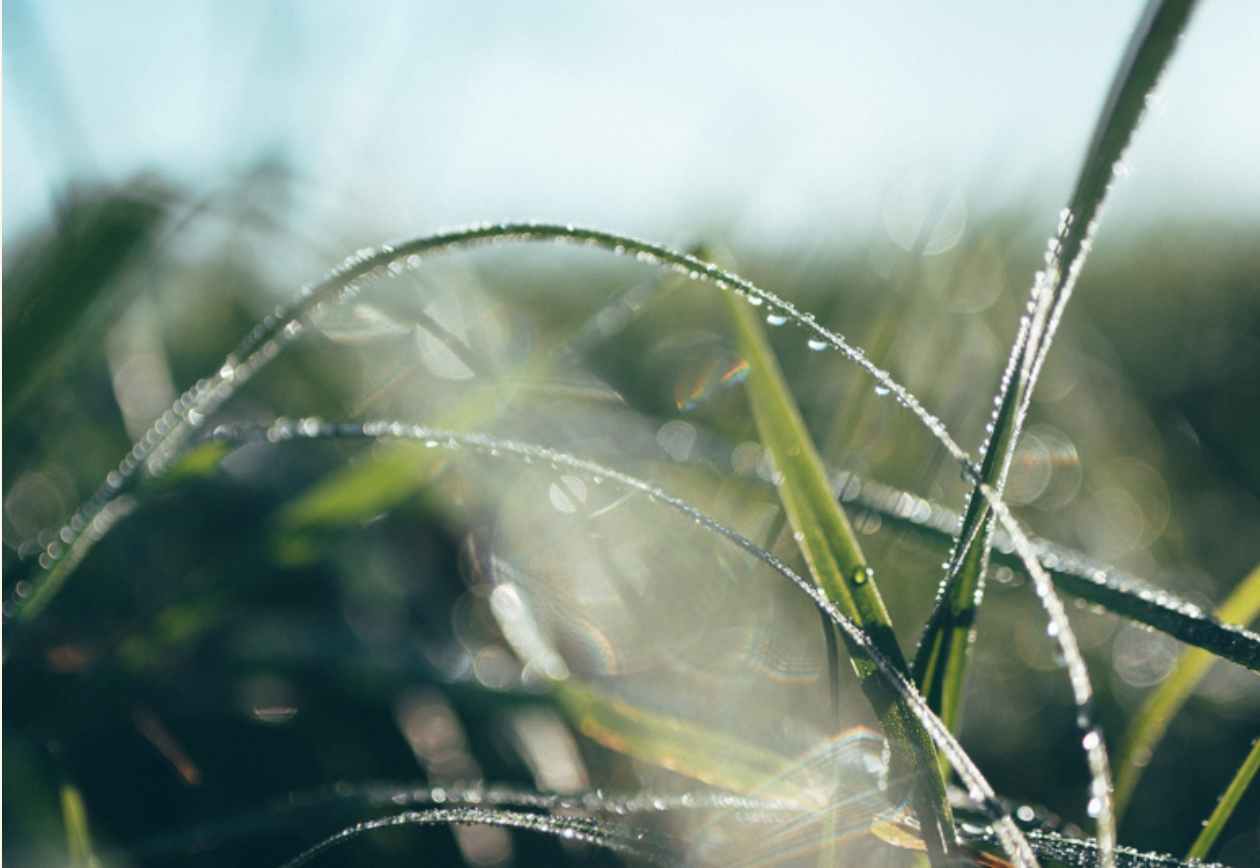
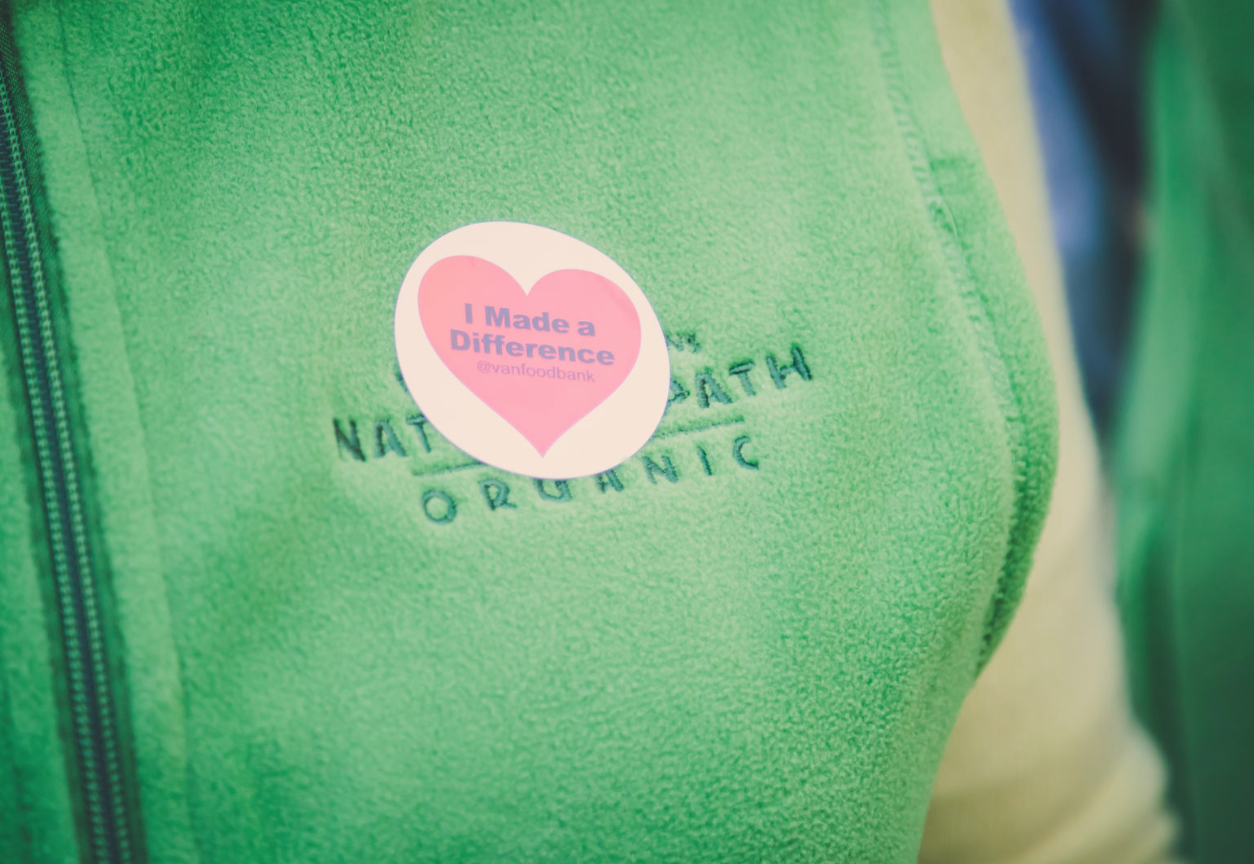
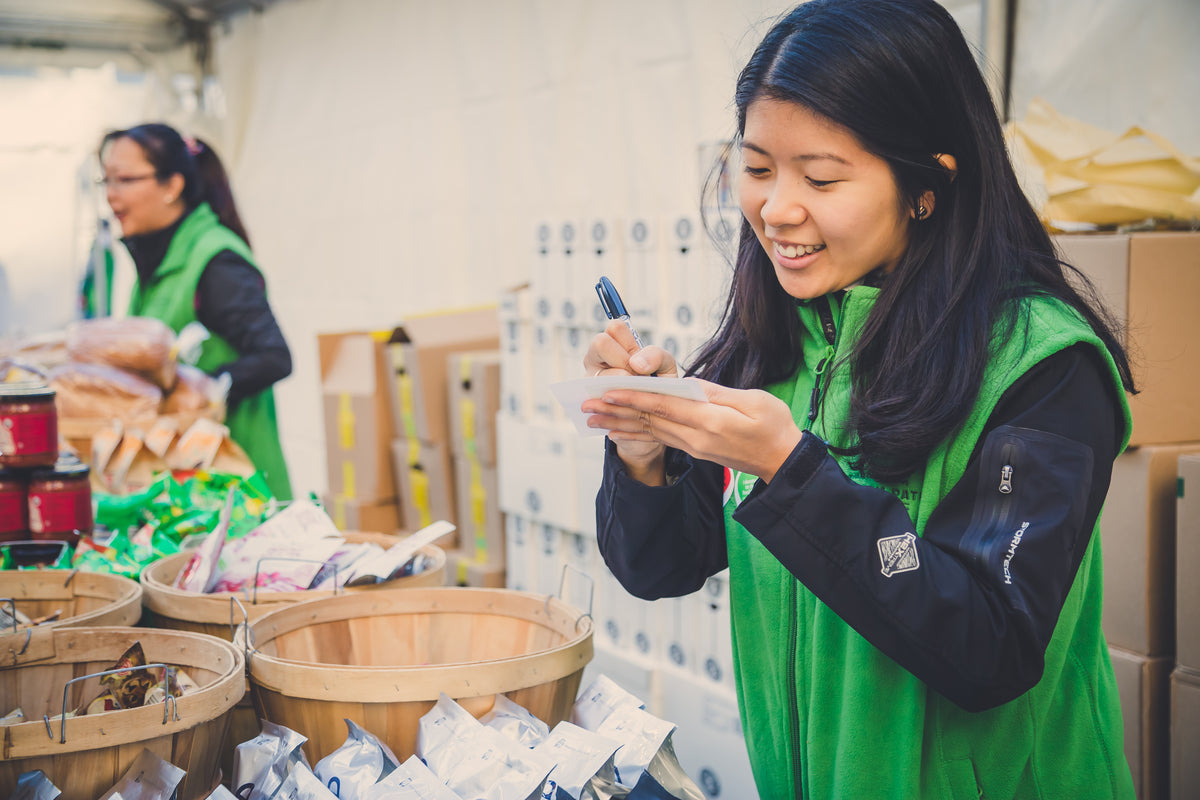

4. Preserve Water
Organic farming and watershed protection go hand in hand, but we don’t stop there. We also send some of our waste water to a biodigester to be converted to energy, we are implementing an Environmental Management System, and practice eco-efficiency and continuous improvement.
5. Educate, Inspire & Engage
We want to make an impact not only by taking action ourselves, but by inspiring others to take action too. We provide sustainability training for all team members, collaborate with and donate to many organizations, maintain an SFTA dashboard, and B-Lab assessments.
6. Give Back
Through financial contributions, in-kind donations, and volunteerism – we support many initiatives that align with our purpose to leave the earth better. Some of these include: hunger relief, endangered species and habitat restoration, youth and environmental education, and more.
Frequently Asked Questions
What is circular economy? (vs. a linear economy)
What is circular economy? (vs. a linear economy)
Circular economy is an economic system that aims to minimize waste and makes the most of resources. In contrast to the linear economy of: make, take, waste; a circular economy is based on: make, reuse, recycle, remanufacture. It is a shift to sustainable consumption.
What is your packaging made of?
What is your packaging made of?
We want our packaging to be as environmentally friendly as the delicious products within, so we only use Forest Stewardship Council (FSC) certified, 100% recyclable cardboard and paperboard printed with vegetable based inks. In addition, all of our plastic is BPA free, and we steer clear of corn-based plastics that are made with genetically modified corn and are almost impossible for our consumers to compost. We are constantly working with our suppliers to improve our packaging – see above for our 2030 packaging goal!
How can I recycle your pacakaging?
How can I recycle your pacakaging?
All of our cardboard and paperboard is 100% recyclable.
Our ECO PACs and box liners are a #2 film and are recyclable where film recycling exists. We are constantly working with our suppliers to improve our packaging – see above for our 2030 packaging goal.
What about your products that come in plastic packaging?
What about your products that come in plastic packaging?
In order to maintain our standards of freshness, so far we’ve had to use plastic – in addition to a variety of materials - in our packaging. But we have a new goal that by 2030 all of our packaging will be reusable, recyclable or compostable.
Since 2007 we have been testing a variety of plant-based/ biodegradable plastics, but have yet to find a suitable materials able to keep our food fresh over the course of its shelf-life. We have had success in making changes to our packaging over the years to make it increasingly sustainable (see our “Our Path to Sustainable Packaging” timeline on this page).
We offer many of our products in bulk, zero waste grocery stores, and in Ecopacs. If you live somewhere that TerraCycle is available – or near a recycling depot or retailer that accepts flexible packaging – your plastic granola pouch may be recyclable in these instances!


